Pope Francis: A Globalized Church Facing Deep Divisions
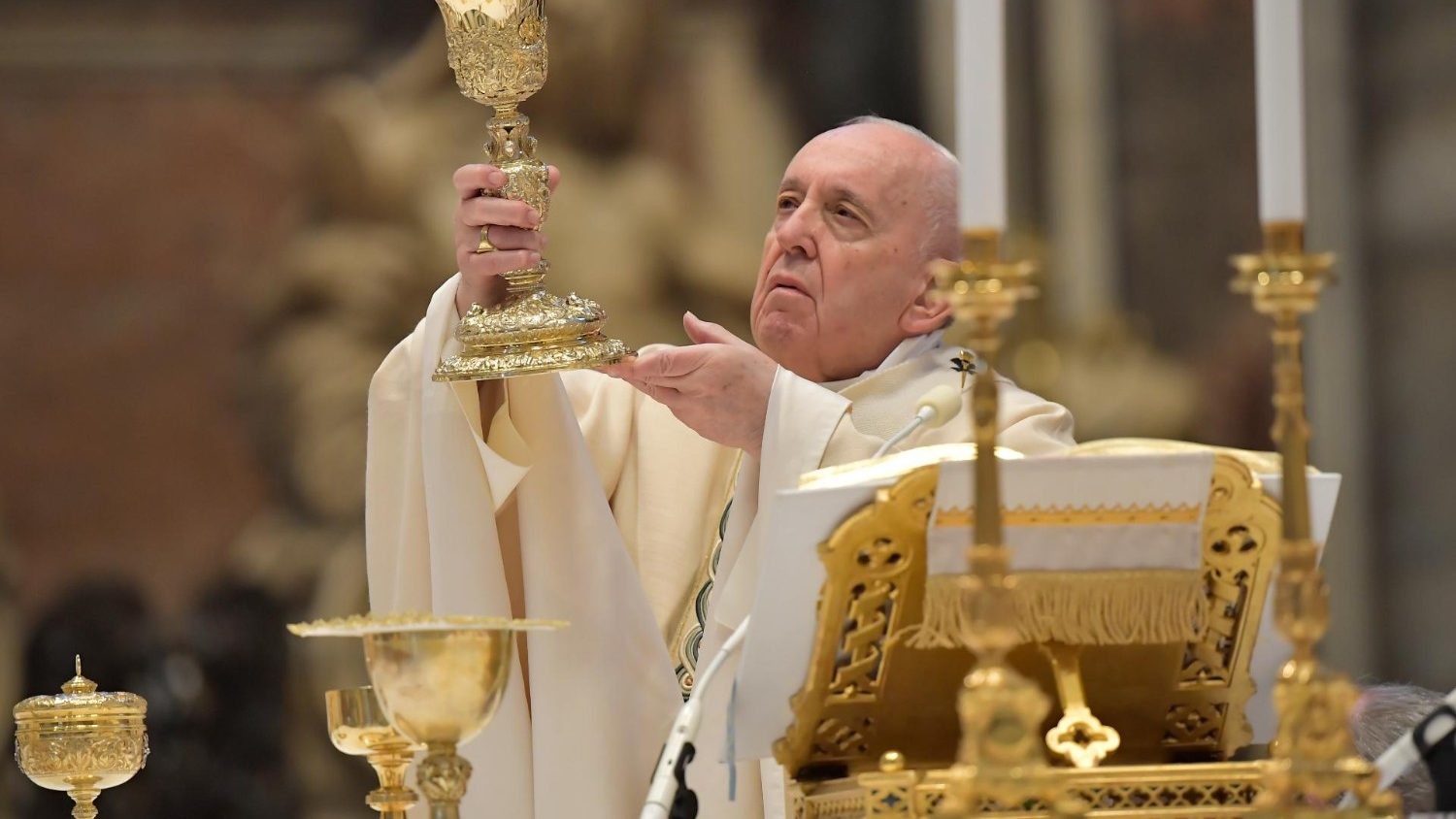
Table of Contents
Modernizing the Church: A Balancing Act
Pope Francis's leadership is characterized by a determined push for church reform and modernization. His emphasis on social justice, inclusivity, and environmental stewardship reflects a desire to adapt the Church to the 21st century. However, this modernization drive has met with significant resistance from traditionalist factions.
Reform Efforts and Resistance
Pope Francis's reform efforts are evident in several key initiatives:
- Amoris Laetitia: This apostolic exhortation on family life has sparked considerable debate, particularly concerning the treatment of divorced and remarried Catholics.
- Changes to Liturgical Practices: A renewed emphasis on simpler, more participatory liturgical celebrations has been met with opposition from some traditionalist groups.
- Emphasis on Synodality: Pope Francis's push for greater synodality—a process of shared decision-making within the Church—aims to decentralize power and foster greater participation from the laity. However, this too has faced resistance from those who prefer a more centralized, top-down approach.
Conversely, resistance to these reforms stems from traditionalist groups concerned with preserving established doctrines and practices:
- Concerns about doctrinal purity: Critics argue that some reforms compromise core Catholic teachings.
- Resistance to changes in liturgical practice: Some traditionalists advocate for the retention of older, more formal liturgical styles.
- Opposition to greater lay participation: Concerns exist that increased lay involvement undermines the authority of the clergy.
These conflicting views highlight the ongoing tension between church reform and traditionalist opposition within the modernization of the Catholic Church.
Navigating Doctrine and Tradition
The tension between upholding Catholic doctrine and adapting to evolving social norms presents a significant challenge. This is particularly evident in debates surrounding:
- Issues surrounding marriage and family: The treatment of divorced and remarried Catholics, as well as LGBTQ+ inclusion, remains a source of division.
- Bioethical issues: Debates on abortion, euthanasia, and genetic engineering continue to create fissures within the Church.
- The role of women: The ongoing discussion about the ordination of women remains a significant point of contention.
Balancing traditional values with the needs of a diverse global community requires careful navigation of complex theological and ethical considerations. The challenge lies in fostering a sense of unity while acknowledging the validity of differing perspectives on these crucial matters.
Global Challenges and Regional Differences
The Catholic Church is a truly global entity, encompassing a vast array of cultures, languages, and theological interpretations. This diversity presents both opportunities and challenges.
A Diverse Global Church
Regional variations in Catholic practice are significant:
- Different liturgical styles and traditions: The way Mass is celebrated can vary dramatically across different regions and cultures.
- Variations in theological emphasis: Different regions may emphasize different aspects of Catholic theology.
- Differing social and political contexts: The Church’s engagement with social and political issues varies significantly depending on the local context.
Addressing the specific needs and concerns of this diverse global community requires sensitivity and understanding of these regional variations in global Catholicism.
Challenges of Decentralization
Maintaining unity and consistency across a decentralized global structure is extremely difficult:
- Communication challenges: Effectively communicating policies and directives across a vast global network is a logistical challenge.
- Coordination difficulties: Coordinating efforts across different national churches and episcopal conferences can be problematic.
- Enforcement issues: Ensuring consistent application of Church teachings across different regions presents significant challenges.
These decentralization challenges contribute to inconsistencies in the application of Church teachings and potential for diverging interpretations across different parts of the world.
The Future of the Church Under Pope Francis
The future of the Catholic Church under Pope Francis remains uncertain, but several potential pathways toward greater unity and reconciliation can be identified.
Potential for Unity and Reconciliation
Bridging the existing divisions requires:
- Fostering open and respectful dialogue: Creating spaces for honest and constructive dialogue between differing factions is crucial.
- Promoting mutual understanding and empathy: Encouraging greater understanding of diverse perspectives can help build bridges.
- Collaborative leadership: Shared leadership and collaborative decision-making can foster a greater sense of unity.
The role of leadership in promoting unity and inclusivity cannot be overstated. A focus on shared values and collaborative problem-solving is essential.
Ongoing Challenges and Uncertainties
Despite efforts toward reconciliation, significant challenges persist:
- Ongoing controversies and debates: Discussions about contentious issues like LGBTQ+ inclusion and women's ordination will continue.
- The rise of secularism and religious pluralism: The Church faces growing competition from secular ideologies and other religious traditions.
- Internal schisms and fragmentation: The risk of further fragmentation within the Church remains a significant concern.
The long-term implications of these divisions are far-reaching and will shape the future of the Catholic Church for years to come.
Conclusion: Pope Francis: A Globalized Church Facing Deep Divisions – A Path Forward?
Pope Francis's papacy has been marked by both significant progress in modernizing the Church and considerable resistance to change. The challenges facing "Pope Francis: A Globalized Church Facing Deep Divisions" are complex and multifaceted, stemming from the tension between tradition and modernity, global diversity, and the inherent difficulties of governing a decentralized global institution. While the path forward remains uncertain, fostering open dialogue, mutual understanding, and collaborative leadership are crucial for navigating these divisions and building a more unified future. We encourage you to engage further with this topic by researching Pope Francis's writings, participating in online discussions about the future of the Catholic Church, and sharing your perspectives on "Pope Francis: A Globalized Church Facing Deep Divisions."

Featured Posts
-
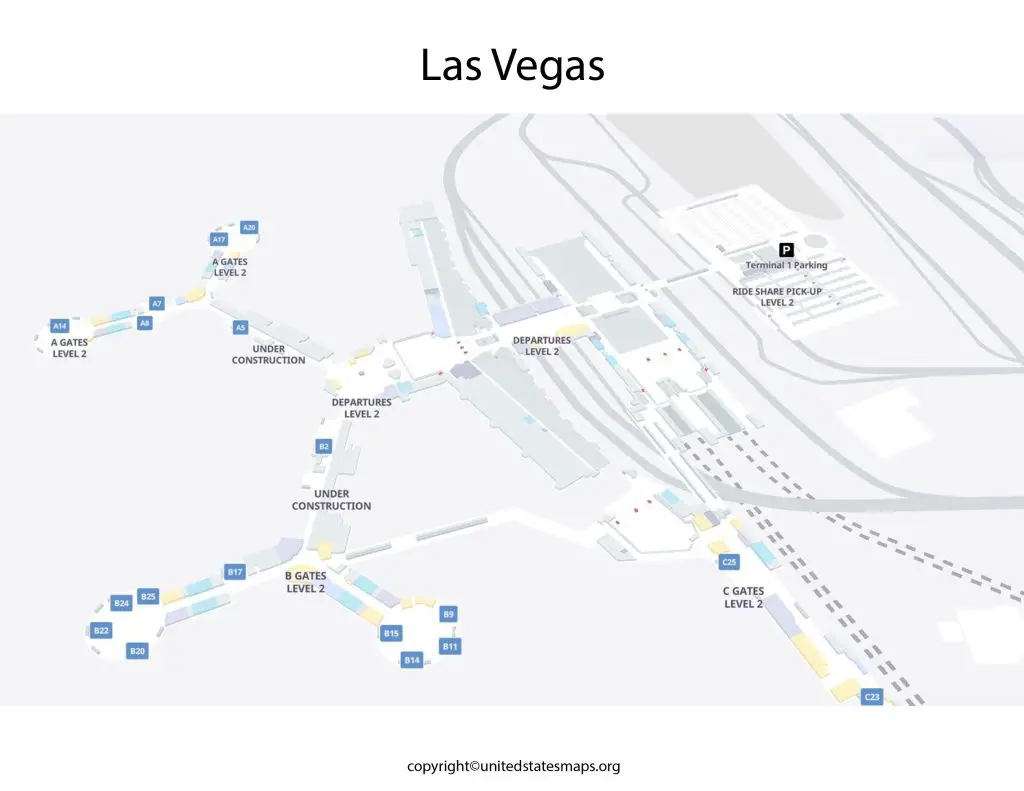 Las Vegas Airport Faa Scrutinizes Collision Risk Factors
Apr 24, 2025
Las Vegas Airport Faa Scrutinizes Collision Risk Factors
Apr 24, 2025 -
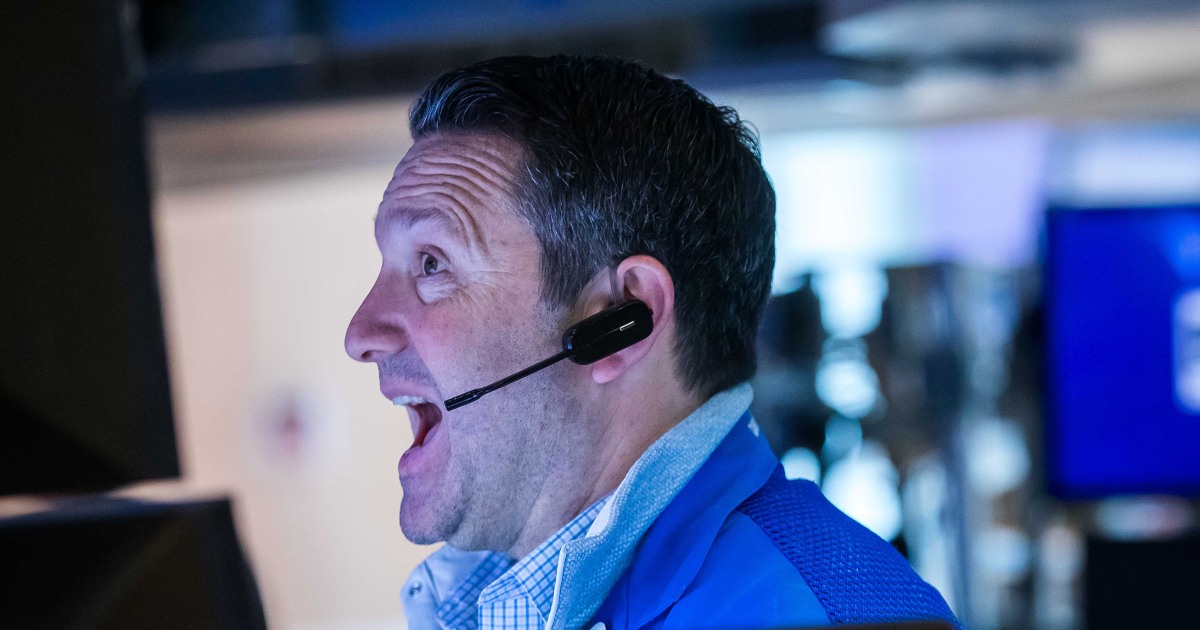 Dow Rallies 1000 Points Stock Market Update And Analysis
Apr 24, 2025
Dow Rallies 1000 Points Stock Market Update And Analysis
Apr 24, 2025 -
 Are Wildfire Bets The New Normal The Case Of The Los Angeles Fires
Apr 24, 2025
Are Wildfire Bets The New Normal The Case Of The Los Angeles Fires
Apr 24, 2025 -
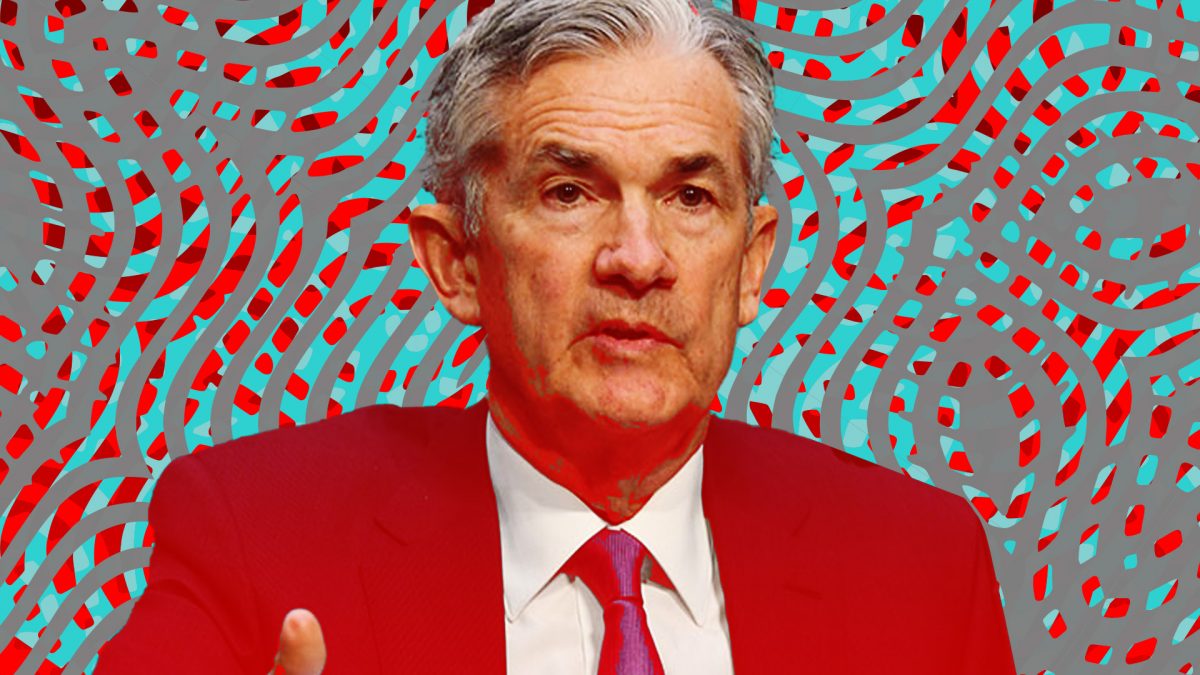 Us Dollar Gains Momentum Impact Of Trumps Less Aggressive Fed Rhetoric
Apr 24, 2025
Us Dollar Gains Momentum Impact Of Trumps Less Aggressive Fed Rhetoric
Apr 24, 2025 -
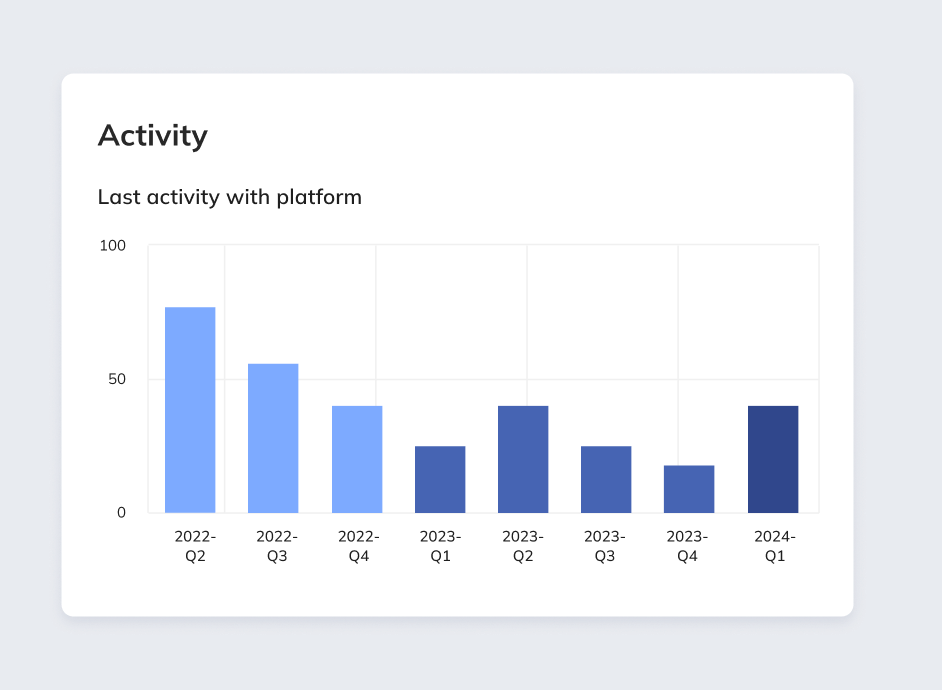 Chainalysis Acquisition Of Alterya A Boost For Blockchain Ai
Apr 24, 2025
Chainalysis Acquisition Of Alterya A Boost For Blockchain Ai
Apr 24, 2025
